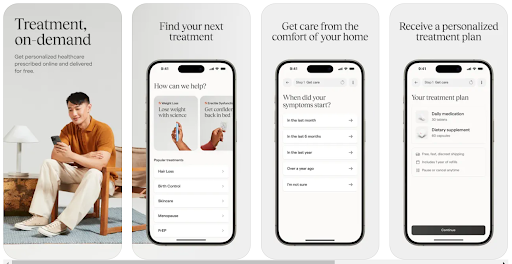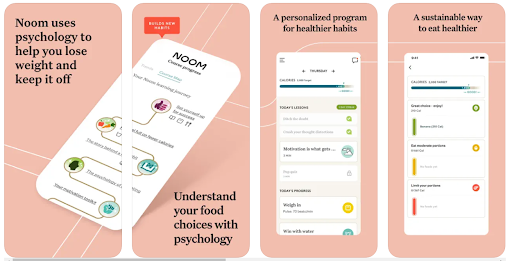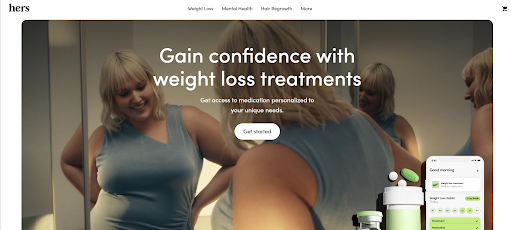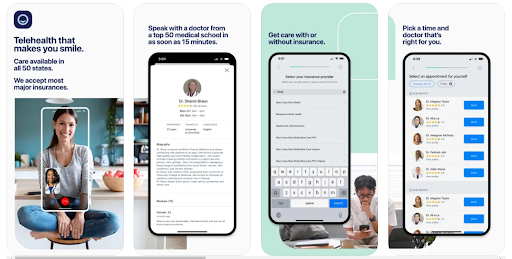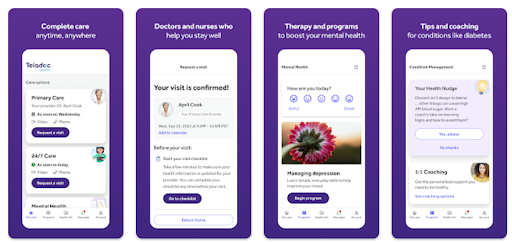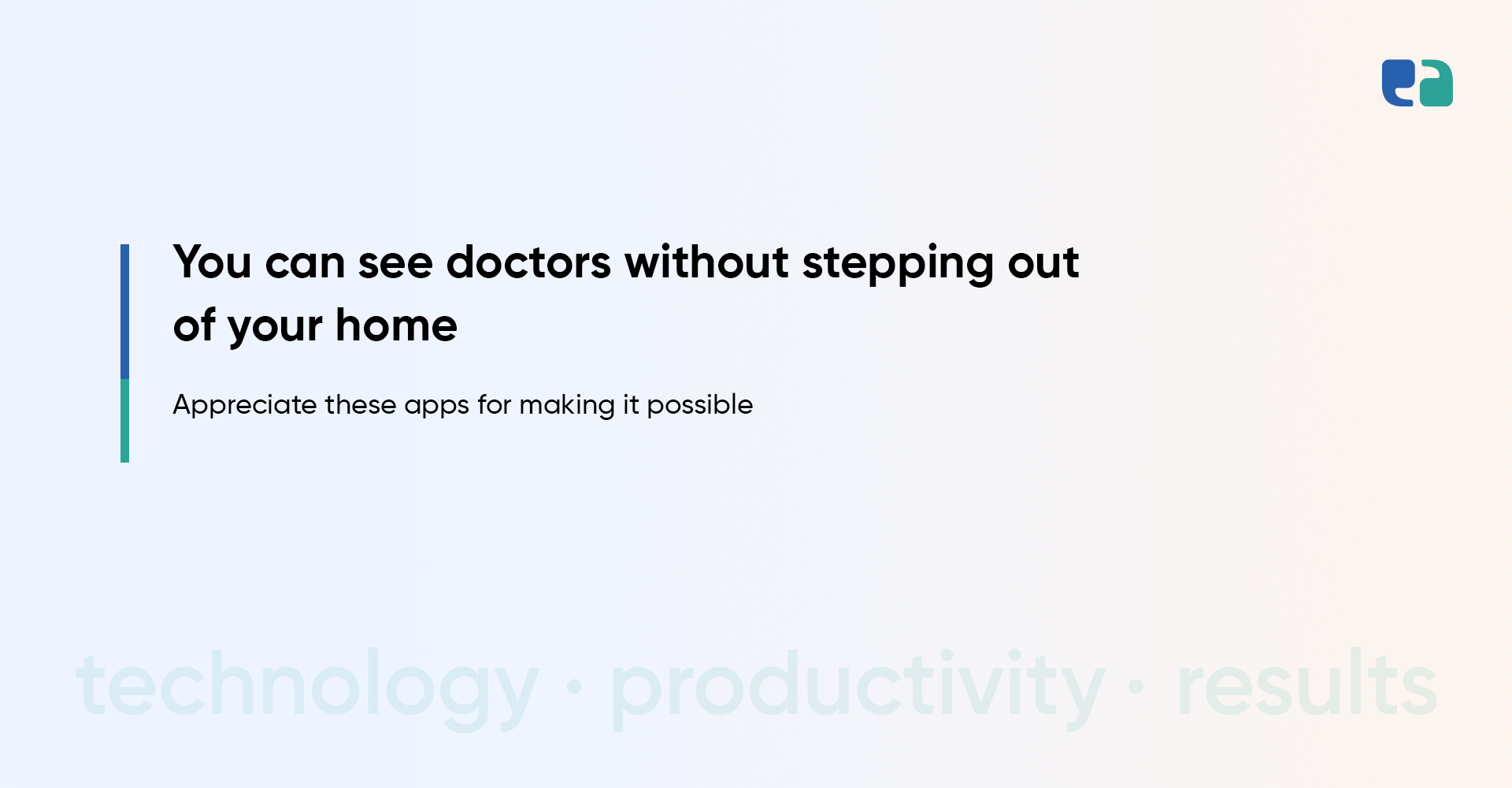The demand for weight loss treatments is growing fast in Canada.
In 2022, about 30% of Canadians over 18 were considered obese—up from just over 21% in 2003.
Many Canadians are now turning to technology, with 70% of people worried about their weight using mobile apps to track progress, set goals, and get support from coaches.
While diet and exercise are the usual go-tos, they don’t always work for everyone, especially those struggling with obesity.
That’s where medical weight loss programs come in.
These offer a more personalized, doctor-supervised approach that goes beyond the basics.
Medical weight loss combines medical, nutritional, and behavioral strategies, often including medications when needed.
With the rise of medical weight loss apps, this structured approach is becoming more accessible.
These apps connect users with healthcare professionals, offer personalized plans, and keep users on track with their weight loss goals.
Cognitive-Behavioral Therapy in Medical Weight Loss
Cognitive-behavioral therapy, or CBT, is important for medical weight loss. It helps people change their habits and thoughts about food.
Many weight loss apps now offer counseling and support.
This helps users develop healthier eating habits. It also tackles emotional issues that can make losing weight hard.
In these programs, users might join individual or group counseling.
They learn stress management techniques and ways to deal with emotional eating. By facing these challenges, people are more likely to reach their weight loss goals.
Including CBT in your app can make a big difference. When users understand their eating habits, they can make better choices.
Essential Features for a Medical Weight Loss App
To build a successful medical weight loss app, focus on these key features:
Top Medical Weight Loss Apps in Canada
Let’s take a look at some successful medical weight loss apps in Canada and what makes them stand out:
Building a Medical Weight Loss App? Start by Identifying Your Target Audience!
First, define who your app is for.
Will you target a specific age group or individuals with certain health conditions?
Understanding your audience’s unique needs will help you tailor your app effectively.
Research existing medical weight loss apps.
Look at their strengths, weaknesses, pricing, and target audiences.
This will give you insights into what works and what doesn’t.
Building a Healthcare Professional Network
To make your medical weight loss app effective, you need a strong network of healthcare professionals.
Start by partnering with licensed providers like doctors, dietitians, and therapists.
This will help you offer virtual consultations and medical supervision through your app. Connecting users with real experts is crucial for their success.
Vetting and Credentialing
It’s essential to have a thorough vetting process.
This ensures that all healthcare professionals in your network are qualified and have the right credentials.
You want users to feel safe and supported, knowing they are getting help from trusted professionals.

Pharmacy Integration for Your Medical Weight Loss App

If your app includes medication management, you’ll want to connect with a secure pharmacy network.
This ensures that prescriptions are handled safely and efficiently. Users need to trust that their medications are managed properly.
It’s also crucial to work with pharmacies that are LegitScript-certified.
This means they meet the industry’s standards for online pharmacy operations.
Ensuring compliance helps build trust with your users and guarantees they receive safe medications.
By focusing on these elements, your app can provide a reliable and trustworthy experience for those on their weight loss journey.

